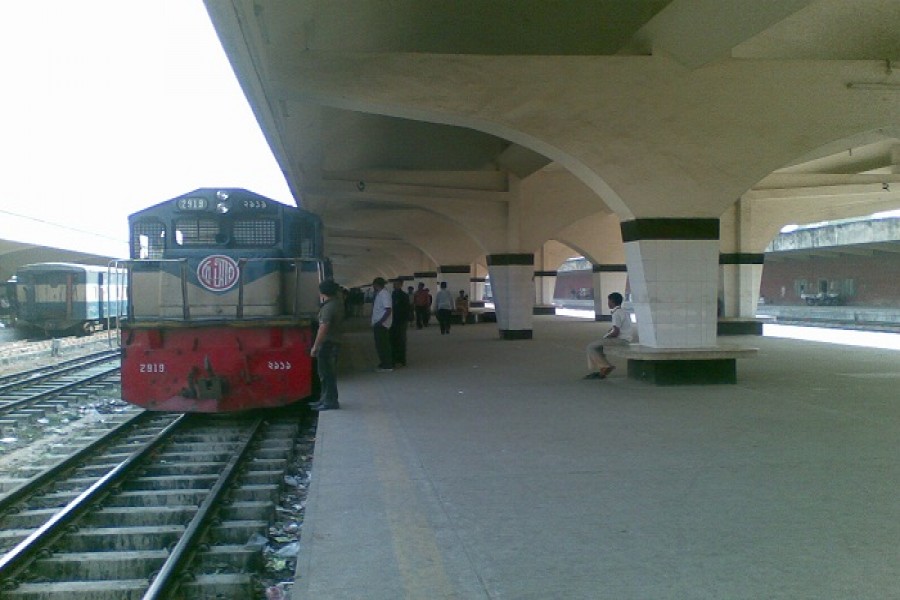
Published :
Updated :

Jesmine Ara Begum, an executive officer of a private insurance company, became apprehensive about going home after hearing about the community transmission of COVID-19 at her village in Cumilla.
She eventually decided not to leave Dhaka during the Eid-ul-Azha holidays, the second largest religious festival for Muslims in Bangladesh.
Rampaging through Bangladesh at an alarming rate, the novel coronavirus epidemic has forced thousands of Eid-holidaymakers like Jesmine to ditch plans to leave Dhaka for their home towns and villages in a bid to keep their loved ones safe.
“I can’t travel to my village due to the coronavirus outbreak. My child will desperately miss his grandmother and aunts,” a saddened Begum, who celebrates Eid with her family every year, said on Wednesday.
“Community transmission of COVID-19 has begun over the last one month. The number of coronavirus patients is also increasing at an alarming rate in our village. That scares me the most,” she added.
In addition to the fear of coronavirus infection, economic hardship and flooding in large parts of Bangladesh have added to people’s woes this Eid.
Meanwhile, the government has asked employees and apparel workers not to leave their places of work during the Eid holidays.
The capital's streets may not take on a deserted look this Eid because of these reasons, city-dwellers said, as bus and launch terminals and railway stations failed to draw the usual glut of holidaymakers this year.
Rampura resident Abdul Ali Mohaimen, who has cancelled his plans to visit his village in Gaibandha, said, “The flood situation has deteriorated further along with the coronavirus outbreak. Most of the people in Gaibandha are affected by floods. I have decided not to take my daughters to my village right now as the water levels on the rivers continued to surge.”
Mohaimen is also worried about water-borne diseases such as diarrhoea, skin disorders, eye inflammation and bronchitis that have already affected thousands of people in the low-lying areas of Bangladesh. He also highlighted a lack of adequate treatment facilities in the rural areas, reports bdnews24.com.


 For all latest news, follow The Financial Express Google News channel.
For all latest news, follow The Financial Express Google News channel.